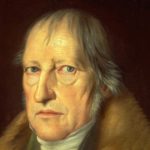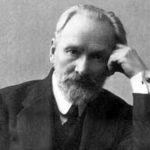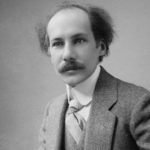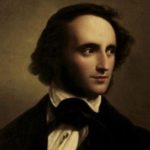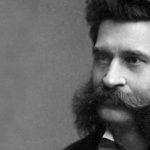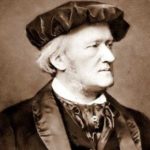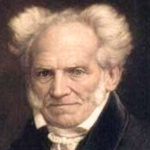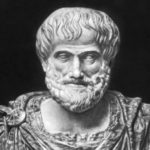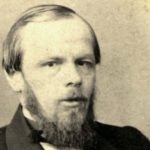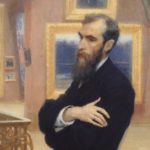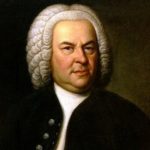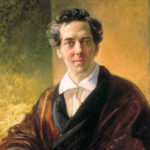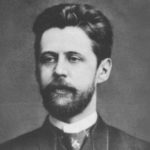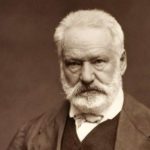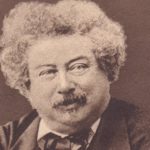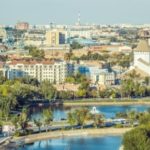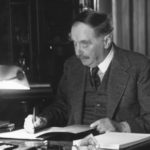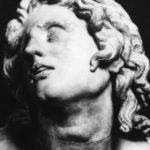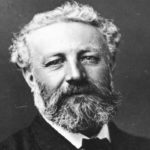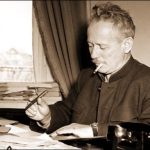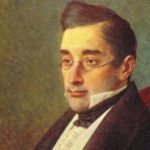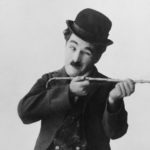Interesting facts about Friedrich Nietzsche
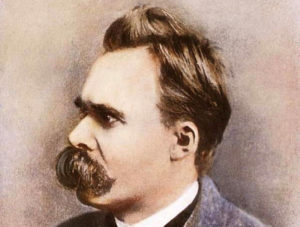 The famous German philosopher Friedrich Nietzsche, who left this world at the turn of the 19th and 20th centuries, became famous throughout the world thanks to his powerful intellect and ability to put into words what most of us do not see even at the subconscious level. In society, his works are very ambiguous, but it cannot be denied that he was a global figure.
The famous German philosopher Friedrich Nietzsche, who left this world at the turn of the 19th and 20th centuries, became famous throughout the world thanks to his powerful intellect and ability to put into words what most of us do not see even at the subconscious level. In society, his works are very ambiguous, but it cannot be denied that he was a global figure.
The future philosopher received his name, “Friedrich,” in honor of King Frederick William IV, since he was born on the same day – October 15.
The father and both grandfathers of Friedrich Nietzsche were priests. Ironically, the philosopher did not continue their work – all his life he was an inveterate atheist.
As a child, young Frederick showed talent for music, learned to play the piano, and even composed music.
Nietzsche did not leave any descendants behind him, and he was never married. He wrote that he had made offers to different women several times, but they did not reciprocate him.
Professor Nietzsche received the title at the age of 24 years.
During the war between Germany and France, the future philosopher visited the front where he almost died of dysentery.
Nietzsche achieved fame during his lifetime, but supporters of his philosophical concept began to appear en masse only years after his death.
At an advanced age, the philosopher was damaged by reason, and spent the last 11 years of his life in a house for the insane.
Since childhood, Friedrich Nietzsche suffered from epileptic seizures. This inherited disease claimed the lives of his father and brother.
In recent years, before he went mad, Nietzsche engaged in political activities, but did not achieve great success in this field.
The philosopher fiercely rejected any religious teachings, arguing that they were not able to cultivate morality in a person.
Friedrich Nietzsche’s sister, Elizabeth, created the museum-archive of his name.
The last 31 years of his life Nietzsche lived, not being a citizen of any state, since he voluntarily renounced the citizenship of Prussia, which he had from birth.
